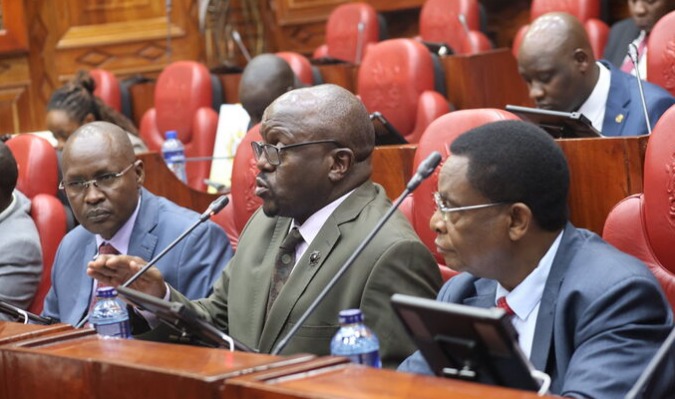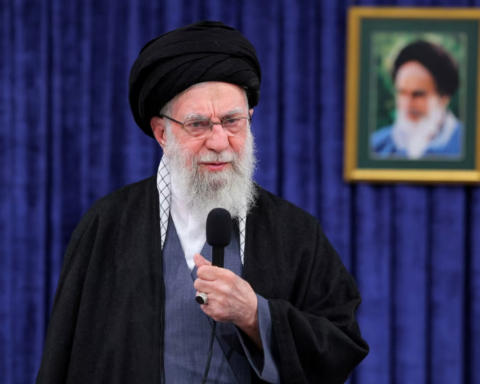Kenyan marathoner Esphond Cheruiyot has been handed a three-year ban after admitting to doping just hours after being notified of his positive test result by the Athletics Integrity Unit (AIU).
The 24-year-old athlete set an unusual record in international athletics as one of the fastest to confess to a doping violation since the establishment of the AIU. According to the AIU, Cheruiyot submitted a signed confession on the same day he was notified, foregoing the typical 20-day response window granted to athletes.
His case originated from the Buenos Aires International Marathon held on September 21, 2025, in Argentina, where he made his full marathon debut. Cheruiyot finished second with a time of 2:09:46, behind Ethiopia’s Habtamu Birlew Denekew (2:09:21), while fellow Kenyan Dickson Kiptoo took third place in 2:15:06, completing an all-African podium.
During the race, Cheruiyot provided an in-competition urine sample, which was later analyzed at a World Anti-Doping Agency (WADA)-accredited laboratory in Barcelona, Spain. The test results, released on October 20, revealed the presence of Trimetazidine, a metabolic modulator listed under category S4 of the WADA 2025 Prohibited List.
Following the finding, the AIU reviewed the case and confirmed that Cheruiyot had no therapeutic use exemption (TUE) for the substance, thereby fulfilling the criteria for an anti-doping rule violation. On October 23, he was officially notified of the violation and provisionally suspended.
In a rare move, Cheruiyot immediately signed and returned the “Admission of Anti-Doping Rule Violations and Acceptance of Consequences” form, effectively admitting guilt and accepting the sanction without contest. His swift cooperation earned him a one-year reduction from the standard four-year ban, in accordance with anti-doping regulations.
As a result, Cheruiyot will serve a three-year suspension, and all his results from September 21, 2025, have been nullified.
His case adds to a growing list of Kenyan athletes facing bans over doping-related offences. Just days earlier, Esther Gitahi, a middle-distance runner, was banned for four years after testing positive for Erythropoietin (EPO). A week before that, world marathon record holder Ruth Chepng’etich also received a three-year ban after admitting to anti-doping rule violations.
The spate of cases has once again drawn global attention to Kenya’s athletics community, which continues to battle concerns over the rising number of doping violations among its top-performing athletes.









